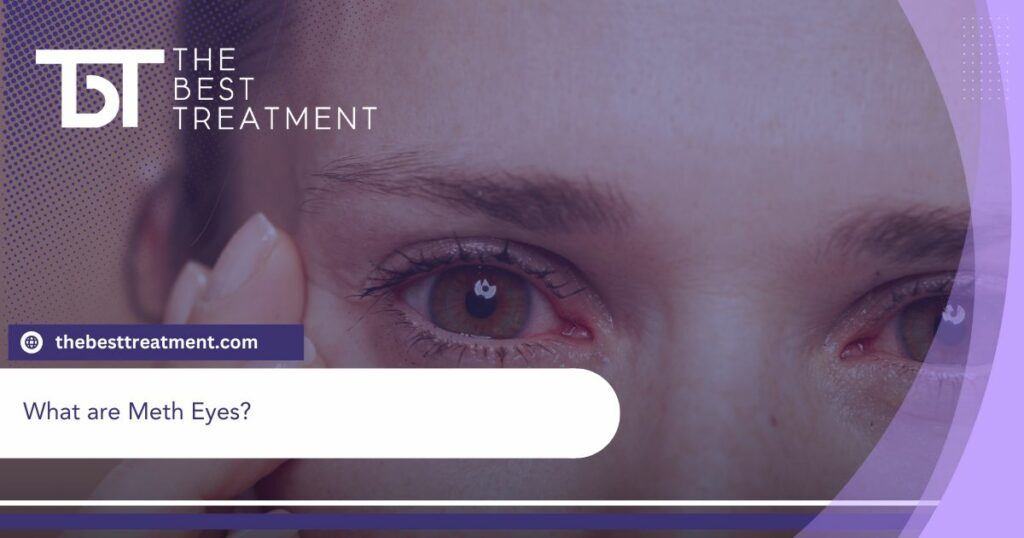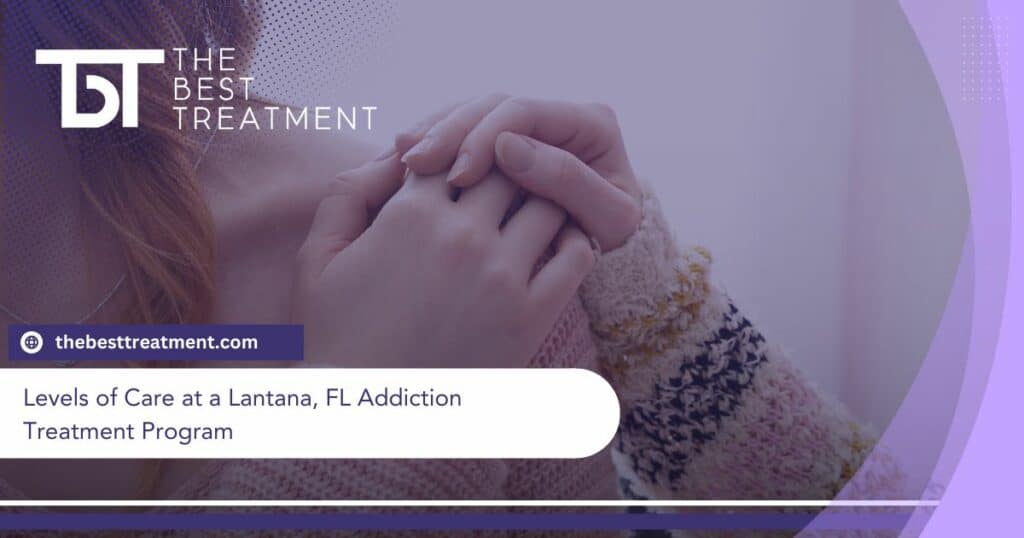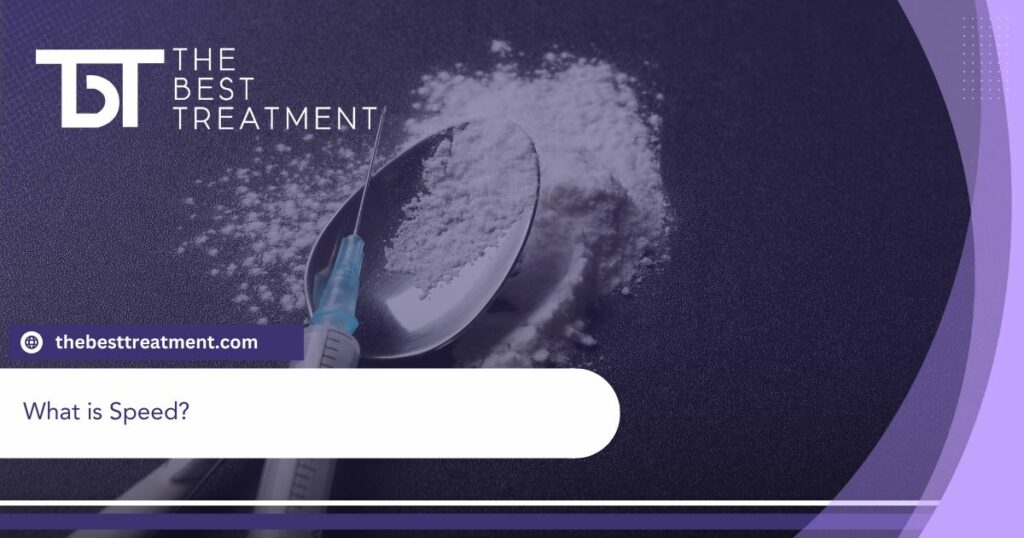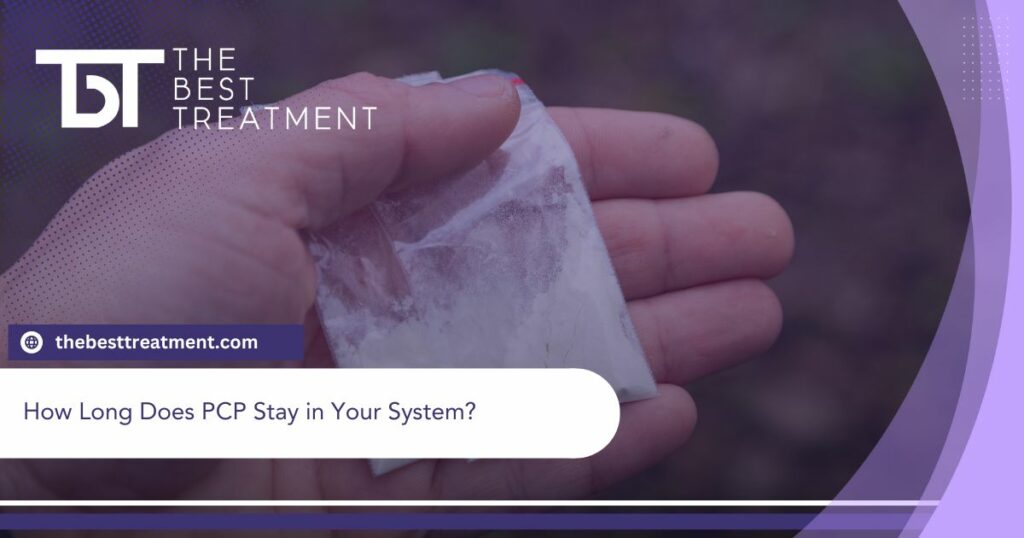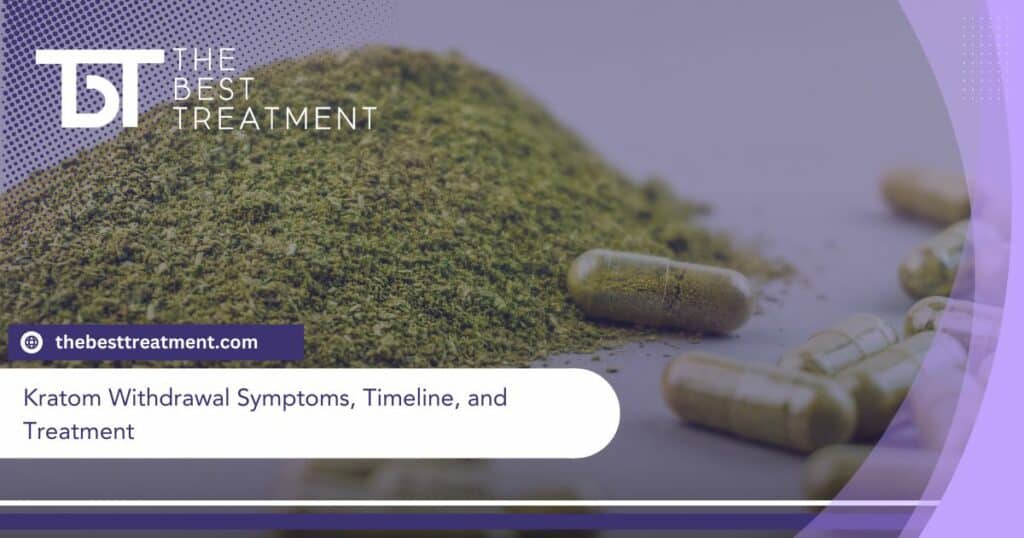Table of Contents
Alcohol abuse is dangerous and has many harmful side effects. People who binge drink or suffer from alcohol use disorder may experience frequent alcohol blackouts. Blackout drinking refers to a pattern of drinking where people consume so much alcohol to the point where they suffer memory loss due to their drinking.
Blackouts can apply to any substance that is abused. For example, many people who abuse Xanax report “blacking out” or suffering amnesia after taking a high dose. However, alcohol blackouts are extremely common due to the popularity and cultural acceptance of drinking in the United States. While blacking out doesn’t necessarily mean you have a drinking problem, it may be one of many signs you need alcohol rehab.
What is an Alcohol Blackout?
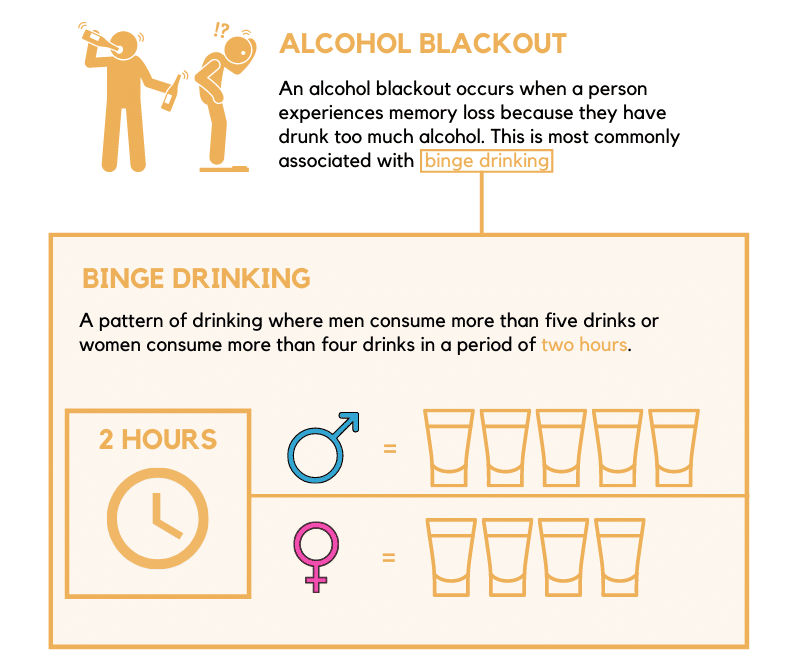
An alcohol blackout occurs when a person experiences memory loss because they have drunk too much alcohol. This is most commonly associated with binge drinking – a pattern of drinking where men consume more than five drinks or women consume more than four drinks in a period of two hours. Unless a person has a high alcohol tolerance, most blackouts occur once a person’s blood alcohol content (BAC) exceeds 0.15 – almost double that of the legal blood alcohol level limit for driving in most states.
According to the National Institute on Alcohol Abuse and Alcoholism,
“Research indicates that blackouts are more likely to occur when alcohol enters the bloodstream quickly, causing the BAC to rise rapidly.”[1]
In addition to blackouts, some people use the term “brownout” to describe being unable to remember certain events while remembering others. Someone who experiences a brownout, also known as a “fragmentary blackout,” may be able to recall memories after a friend has reminded them of something they did while drinking. Blackouts, on the other hand, involve a complete inability to remember several hours of heavy drinking.
Signs of an Alcohol Blackout
When someone is blackout drinking, he or she will still be conscious and able to interact with others or even continue drinking. As a result, it is sometimes difficult to tell whether a person is blacking out or if they are just intoxicated. However, many people who drink this way will engage in embarrassing or risky behaviors, but be unable to remember them the next day.
Some additional signs and symptoms of blackout drinking are:
- Being unable to hold a conversation or being easily distracted
- Choosing to participate in behaviors or activities the person normally would not do if he or she was sober
- Appearing unconcerned about the thoughts or well-being of others around them
- Repeating oneself over and over
- Being forgetful of what one is doing or trying to accomplish
- Inability to remember events and difficulty forming memories after drinking too much alcohol
People who binge drink, drink on an empty stomach, or don’t drink water in between alcoholic beverages are typically more prone to blackouts. At the same time, people who suffer from alcohol use disorder may also experience blackouts on a regular basis due to their habit.
Other factors like combining alcohol with other drugs, being a smoker, or having friends who binge drink can increase the likelihood of someone having an alcohol blackout. Lastly, since women’s bodies are more vulnerable to the effects of alcohol, women are more prone to alcohol blackouts than men.[2]
Dangers and Side Effects of Blackout Drinking
Since people who are blackout drunk are still able to do things like socialize, spend money, and even operate machinery, this condition is extremely dangerous. These individuals are more likely to hurt themselves, engage in risky sexual behaviors, break the law, and more. Some individuals will even keep drinking, unknowingly putting themselves at risk for alcohol poisoning.
In extreme cases, alcohol blackouts can cause people to pass out, choke on their own vomit, or suffer seizures from alcohol poisoning. If a person is conscious but seems as though they are blacked out, you should try to remove the source of alcohol and consider seeking medical attention.
In the short term, blackout drinking can cause problems with mental health, leading to depression or risky behaviors that result in trauma. At the same time, people who blackout may drink and drive or get into other altercations with the law, leading to legal and financial consequences.
Although brain damage is not caused directly by blacking out, people who blackout regularly are consuming alcohol frequently and may experience general memory loss. Similarly, some of these individuals will have an alcohol use disorder where they are physically and mentally dependent on alcohol. These individuals abuse alcohol chronically and are susceptible to a variety of health problems, including cirrhosis, diabetes, heart problems, and early-onset dementia.
Is Blackout Drinking a Sign of Alcohol Addiction?
Although you don’t have to be addicted to alcohol to blackout, frequent blackouts are often an early indicator of a developing alcohol use disorder (AUD). If someone with an AUD continues drinking, their tolerance will increase and they will need to drink larger amounts of alcohol in order to feel the intoxicating effects. As a result, people with AUD may be more prone to blackouts and other harmful effects of alcohol due to their increased alcohol consumption. These individuals may also experience alcohol withdrawal symptoms when they try to stop drinking.
Experiencing a blackout, developing tolerance, and going through withdrawals are only three possible symptoms of AUD. Other signs and symptoms that someone has a problem with alcohol include:[3]
- Having intense cravings for alcohol
- Drinking alone or in secret
- Lying to friends and family about drinking
- Having problems at work, school, or home due to drinking habits
- Spending a lot of time and money obtaining alcohol, drinking alcohol, and recovering from the effects of drinking
- Having financial problems due to one’s drinking habit
- Continuing to drink despite a mental or physical health problem that is made worse by drinking
The good news is that with the help of an alcohol detox and rehab program, anyone can get started on the road to recovery from alcohol addiction.
Find Help for Alcoholism Today
Alcohol blackouts can cause you to do embarrassing and dangerous things. If you’re addicted to alcohol and you keep drinking, you won’t be able to stop the blackouts and you’ll only hurt yourself. The best way to start feeling better and to stay sober is to ask for help.
If you or a loved one are struggling with alcoholism, pick up the phone and contact one of our dedicated addiction treatment providers today.
References:
Medically Reviewed: September 25, 2019

All of the information on this page has been reviewed and verified by a certified addiction professional.





